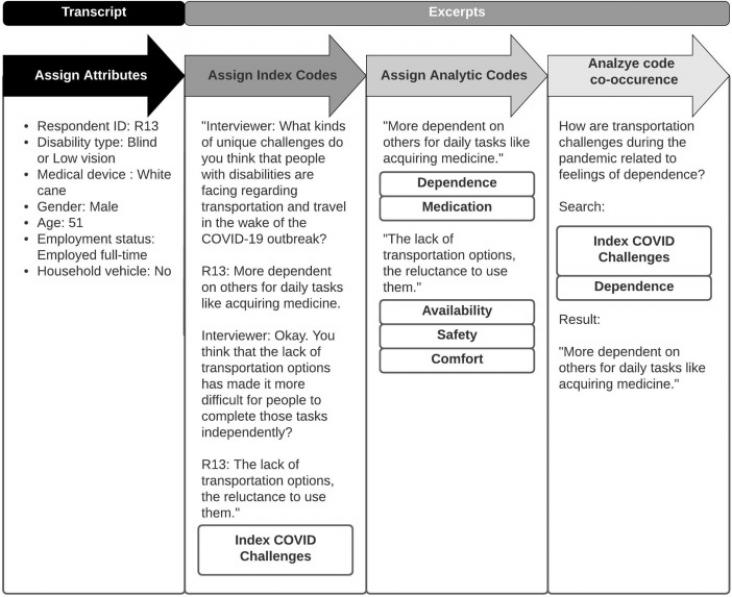These are uncertain times in the Anthropocene, where the health and resilience of all urban inhabitants should be key themes for cities striving for sustainability.
Buildings consume vast amounts of energy and pollute the environment in various ways.
Food waste valorization is a hot topic due to the cornucopia of waste generated and the ensuing detrimental environmental effects.
The demand-supply balance of electricity systems is fundamentally linked to climate conditions.

The greenhouse gas (GHG) emissions of the marine sector were around 2.6% of world GHG emissions in 2015 and are expected to increase 50%–250% to 2050 under a “business as usual” scenario, making the d
Deterioration of water quality due to economic development, climate change and other factors has become a challenge to human beings and the ecosystem.
Cities are wrestling with the practical challenges of transitioning urban water services to become water sensitive; capable of enhancing liveability, sustainability, resilience and productivity in the

This paper assesses the influence of land development patterns on intra-urban thermal variation in a densely-developed subtropical city, considering joint effect from greenspace pattern and built-up g

People with disabilities may be particularly vulnerable to the direct health effects of the COVID-19 pandemic as well as the wider impacts of the pandemic response.

Urbanisation is increasing in many countries, leading to the establishment of 33 megacities, representing huge water demand which is increasingly difficult to supply, exemplified by the recently av
